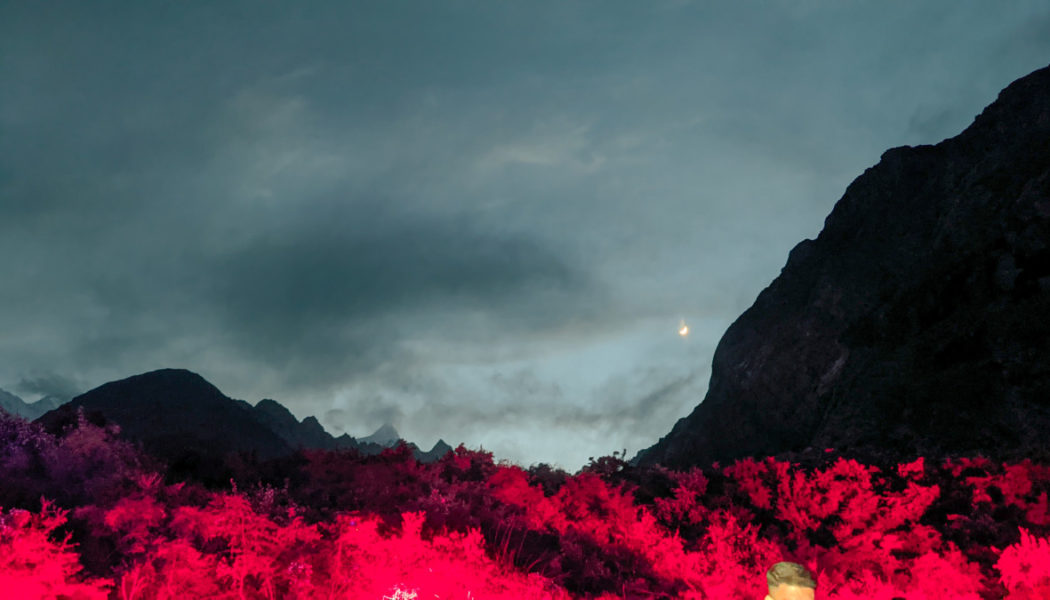Hunza
Passion, Perseverance, and Propaganda: Behind Pakistan’s Controversial Hunza Verse Music Festival
Before prohibition and religious radicalization under the rule of Zia Ul Haq in 1977, Pakistan’s nightlife was thriving. In the bustling metropolis of Karachi, clubs like Excelsior, Oasis, Samar, and Club 007 openly served alcohol, hosted American jazz musicians like Dizzie Gillespie and Duke Ellington, and attracted professional belly dancers from foreign cities like Beirut, Cairo, Tehran, and Istanbul. Sweeping conservatism shuttered Pakistan’s nightlife, thwarting any chance for dance music to enter the fold. In recent years, however, regional stability and tides of liberalism have birthed interest in electronic music beyond house parties and underground raves. Diplo performed in Islamabad in 2016 before returning in 2018 alongside Valentino Khan and Chrome Sparks for a Pakistani rendit...
Hunza Bans Music Festivals After Controversial Rave “Sabotaging the Local Culture”
In the aftermath of a polarizing rave that took place in Hunza, a valley in the northern part of the Gilgit-Baltistan region of Pakistan, government officials have banned music festivals in the area. Daily Pakistan reports the edict was enacted after a youth organization lodged an official complaint about alleged drug use at the event, which took place June 11th to 13th. The grievance also reportedly noted some women were “seen in indecent clothes” that “opposed the traditions of Hunza.” A memo from the Deputy Commissioner’s office denounced the event for “sabotaging the local culture” before promising legal action against its organizers. The directive, which effectively banned concerts in the region, also cited “many...



